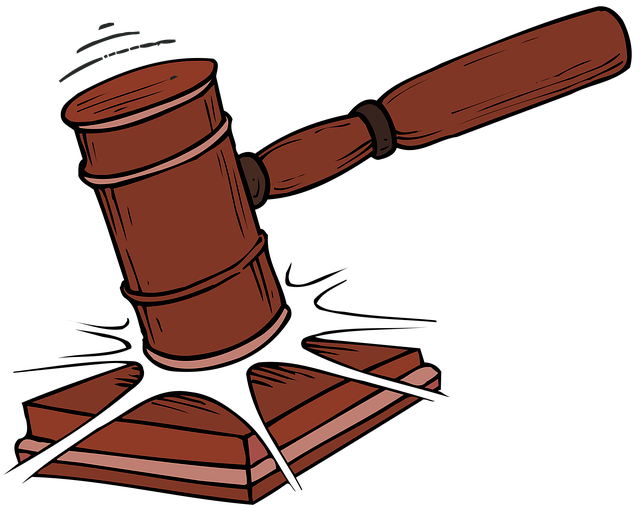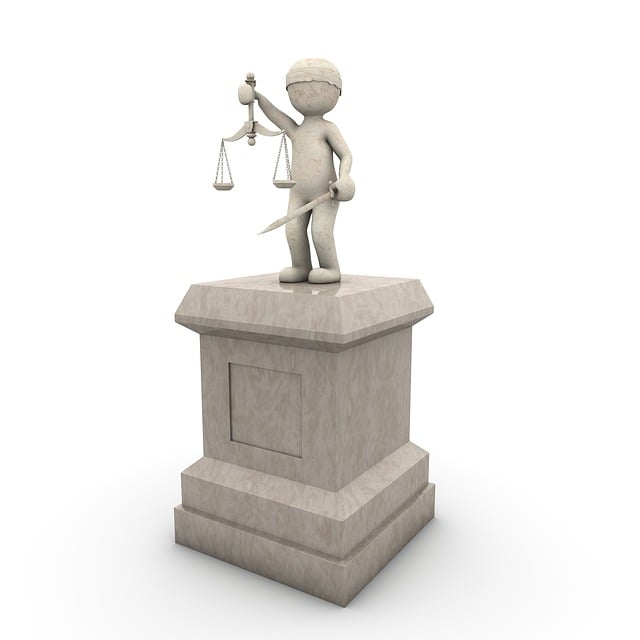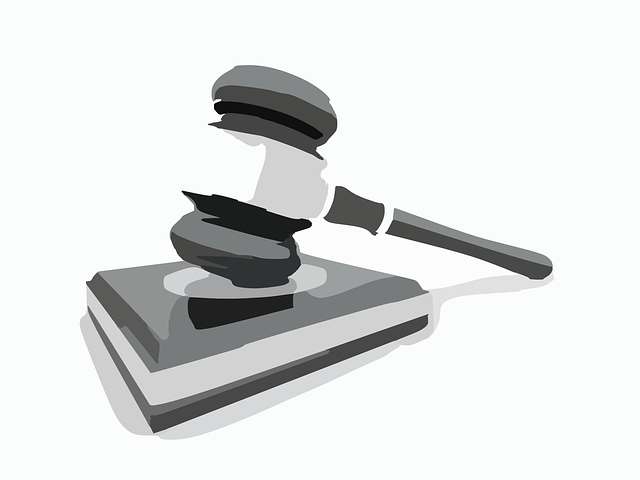How prior convictions affect sentencing outcomes varies significantly across jurisdictions and offense types, impacting legal strategies in criminal law. Judges consider previous criminal records to determine sentences, with prior convictions influencing outcomes in high-stakes cases like white-collar defense. Understanding this dynamic interplay is crucial for navigating the complexities of criminal law, balancing deterrence with justice, and mitigating disparities through restorative justice practices and evidence-based programs.
Criminal law enforcement is a complex system designed to uphold public safety and ensure justice. This article delves into the intricate relationship between criminal law enforcement and prior convictions, exploring their profound impact on sentencing outcomes. We analyze how previous offenses influence legal decisions, considering both objectives and strategies for fairness. Understanding these dynamics is crucial in mitigating harsh sentences and promoting a more just criminal justice system, especially for repeat offenders. By examining these aspects, we aim to provide insights into improving sentencing practices.
- Understanding Criminal Law Enforcement and Its Objectives
- The Role of Prior Convictions in Criminal Justice System
- Impact of Past Offenses on Sentencing Decisions
- Legal Considerations and Mitigating Factors for Repeat Offenders
- Strategies to Improve Fairness in Sentencing with Prior Conviction History
Understanding Criminal Law Enforcement and Its Objectives

Criminal law enforcement is a complex system designed to protect society by deterring, investigating, and prosecuting criminal activities. Its primary objectives include ensuring public safety, upholding justice, and rehabilitating offenders. Understanding this intricate process involves recognizing how various factors influence its outcomes, including prior convictions.
One significant aspect to consider is the impact of previous criminal records on sentencing. How prior convictions affect sentencing outcomes varies based on jurisdiction and the nature of the current offense. This dynamic interplay between past misdeeds and current punishment plays a crucial role in shaping the respective business strategies for both corporate and individual clients involved in legal proceedings, aiming to achieve extraordinary results.
The Role of Prior Convictions in Criminal Justice System

In the criminal justice system, prior convictions play a significant role in shaping sentencing outcomes, often with profound implications for both individuals and society at large. These previous criminal records are meticulously considered by judges during the disposition phase, as they provide critical insights into an offender’s history and potential recidivism risks. This data-driven approach is pivotal, especially in high-stakes cases where a defendant’s past misdeeds can significantly influence their present sentence.
For instance, in white collar defense, where financial crimes are involved, prior convictions can dramatically alter the sentencing landscape. Achieving extraordinary results in such scenarios often hinges on strategic arguments regarding the weight given to these previous offenses and their relevance to the current charges. Lawyers meticulously navigate this complex web, aiming to mitigate sentences and advocate for fair treatment based on their client’s unique circumstances and the nature of past transgressions.
Impact of Past Offenses on Sentencing Decisions

In criminal law enforcement, understanding how past offenses influence sentencing decisions is paramount. Judges often consider a defendant’s prior convictions when determining an appropriate sentence. This practice, known as aggravating circumstances, reflects the legal principle that repeated offending indicates a higher level of culpability and necessitates stricter penalties. The impact of these past transgressions can significantly shape the outcome, leading to longer prison terms or more substantial fines.
For clients facing charges for white-collar and economic crimes, a strategy often involves presenting a clean criminal record as a mitigating factor. In some cases, this might result in the complete dismissal of all charges. However, it’s crucial to recognize that prior convictions, regardless of their nature, can have lasting implications. Legal professionals must navigate these complexities, ensuring that their clients’ rights are protected while advocating for sentencing outcomes that are proportional and just.
Legal Considerations and Mitigating Factors for Repeat Offenders

In Criminal Law Enforcement, the presence of prior convictions significantly influences sentencing outcomes for repeat offenders. Courts often consider a defendant’s criminal history as a crucial factor in determining an appropriate sentence. This consideration stems from the principle that recidivism poses a greater threat to public safety and thus necessitates more stringent penalties. As such, previous convictions can lead to harsher sentences, reflecting the legal system’s attempt to deter future offenses.
However, mitigating factors may soften the impact of prior convictions. These include the nature and severity of the previous crimes, the time elapsed since the last offense, and any efforts made by the offender towards rehabilitation. In some cases, a complete dismissal of all charges from the respective business of the individual’s past might be considered, especially if there has been significant personal growth and reform demonstrated throughout all stages of the investigative and enforcement process.
Strategies to Improve Fairness in Sentencing with Prior Conviction History

In criminal law enforcement, understanding how prior convictions affect sentencing outcomes is crucial for achieving fairness. Strategies to mitigate disparities often involve a nuanced approach, recognizing that past mistakes can influence judges’ decisions significantly. One effective method is to encourage restorative justice practices, focusing on rehabilitation rather than solely punitive measures. This approach not only helps reduce recidivism but also ensures sentences are proportional and just. By implementing evidence-based programs and individualized assessments, the criminal justice system can navigate the complex landscape of prior convictions, aiming for a more balanced and equitable outcome in high-stakes cases.
Moreover, an unprecedented track record of success in sentencing reform can be achieved by adopting innovative practices that address systemic biases. This includes data-driven decision-making to identify and rectify disparities, as well as promoting transparency in sentencing guidelines. Such initiatives have the potential to create a more consistent and fair process, especially when dealing with complex cases. Ultimately, these strategies strive for extraordinary results, ensuring that justice is served while acknowledging the impact of prior conviction history on sentencing outcomes.
Prior convictions significantly shape sentencing outcomes, influencing judges’ decisions and contributing to the overall complexity of the criminal justice system. Understanding how these past offenses impact the process is crucial for navigating fair and effective legal strategies. By recognizing the role of prior convictions and their influence on sentencing, we can begin to explore ways to enhance fairness, ensure consistency, and ultimately improve outcomes for both offenders and society at large. Strategies to mitigate the impact of prior convictions are essential in achieving a more balanced approach to criminal law enforcement.






